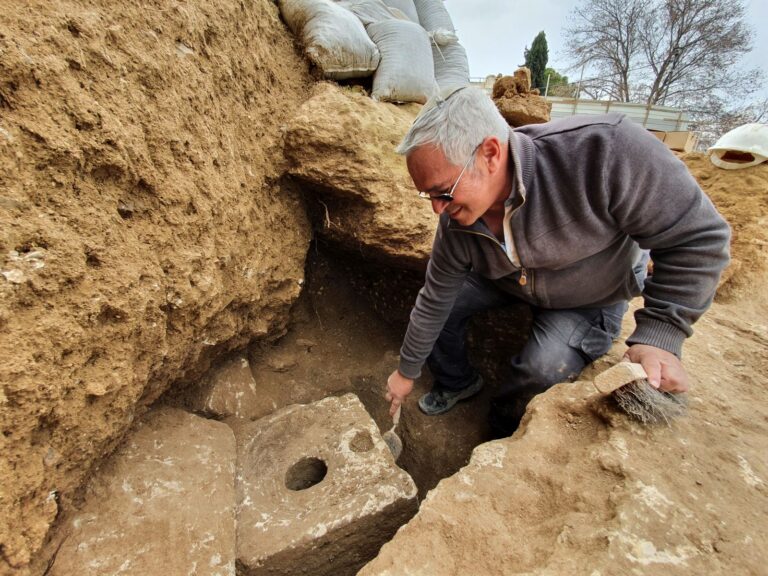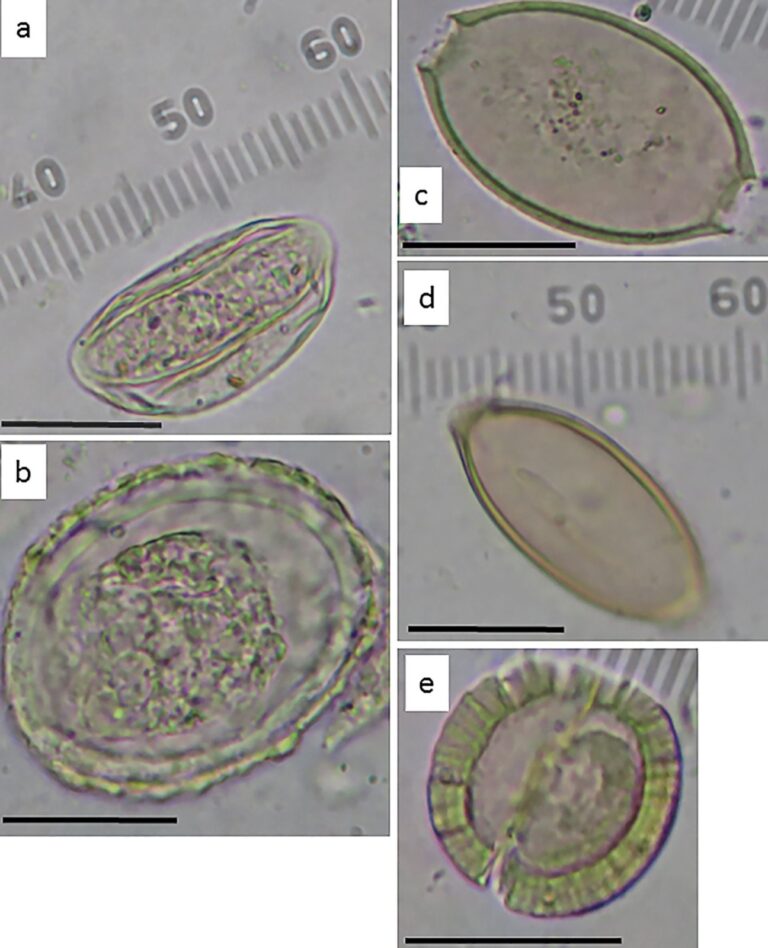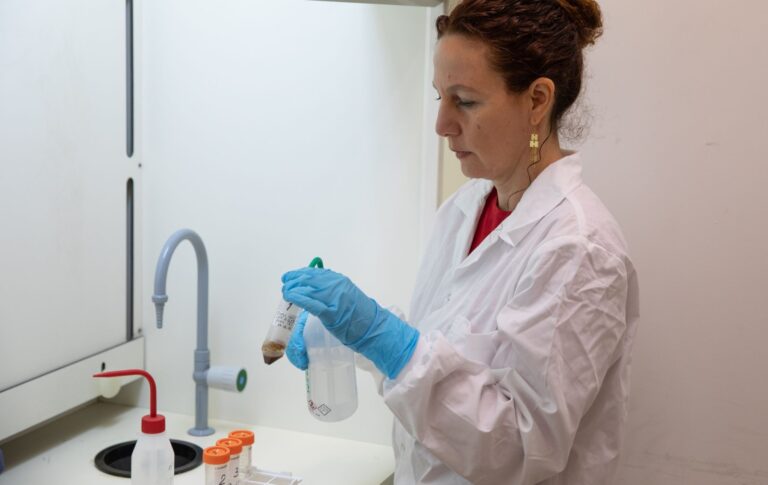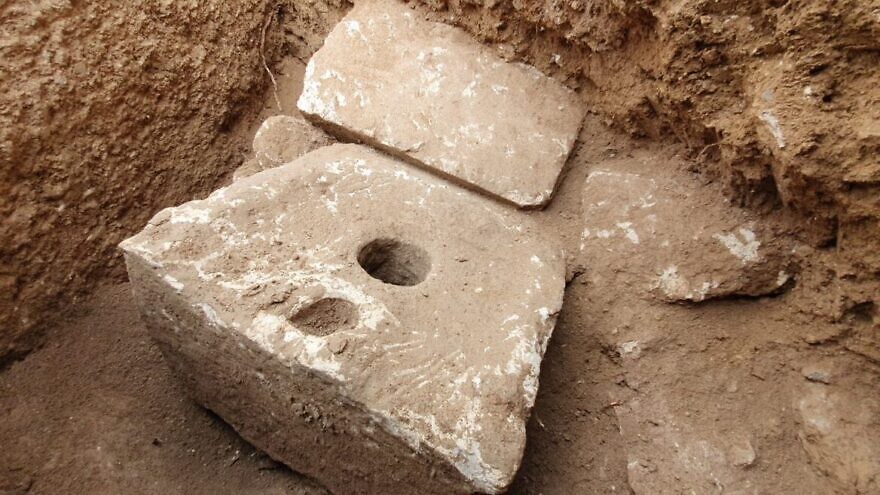Tel Aviv University and Israel Antiquities Authority researchers report in the International Journal of Paleopathology that eggs from these intestinal parasites were extracted from the soil in the cesspit.

Dafna Langgut, director of Tel Aviv University’s Laboratory of Archaeobotany and Ancient Environments, said the well-preserved eggs indicate that the residents of the mansion probably suffered from abdominal pain, nausea, diarrhea and itching.
Some of the parasites found, she noted, “are especially dangerous for children and can lead to malnutrition, developmental delays, nervous system damage, and, in extreme cases, even death.”

Langgut says the intestinal infestation might have been due to fecal contamination of food and drinking water, or poor bathroom hygiene.
Other possible sources of infection were the use of human feces to fertilize field crops and the consumption of improperly cooked meat.
In those days, there were no medical treatments for intestinal worms, so people likely suffered with them for years. Today, these parasites still exist but can be treated effectively.

According to Eli Escozido, director of the Israel Antiquities Authority, “The research conducted by the Israel Antiquities Authority and our partners manages to touch on the finest details of everyday life in antiquity. Thanks to advanced equipment and fruitful collaboration with complementary research institutions, it is now possible to extract fascinating information from materials that we previously didn’t have the tools to handle scientifically. Today, archeological research is leading to a better understanding of past lifestyles.”
Langgut is conducting additional analyses on the sediments collected from the cesspit in order to learn about the diet and medicinal herbs used in Jerusalem in the late Iron Age.
This article was first published by Israel21c.


























